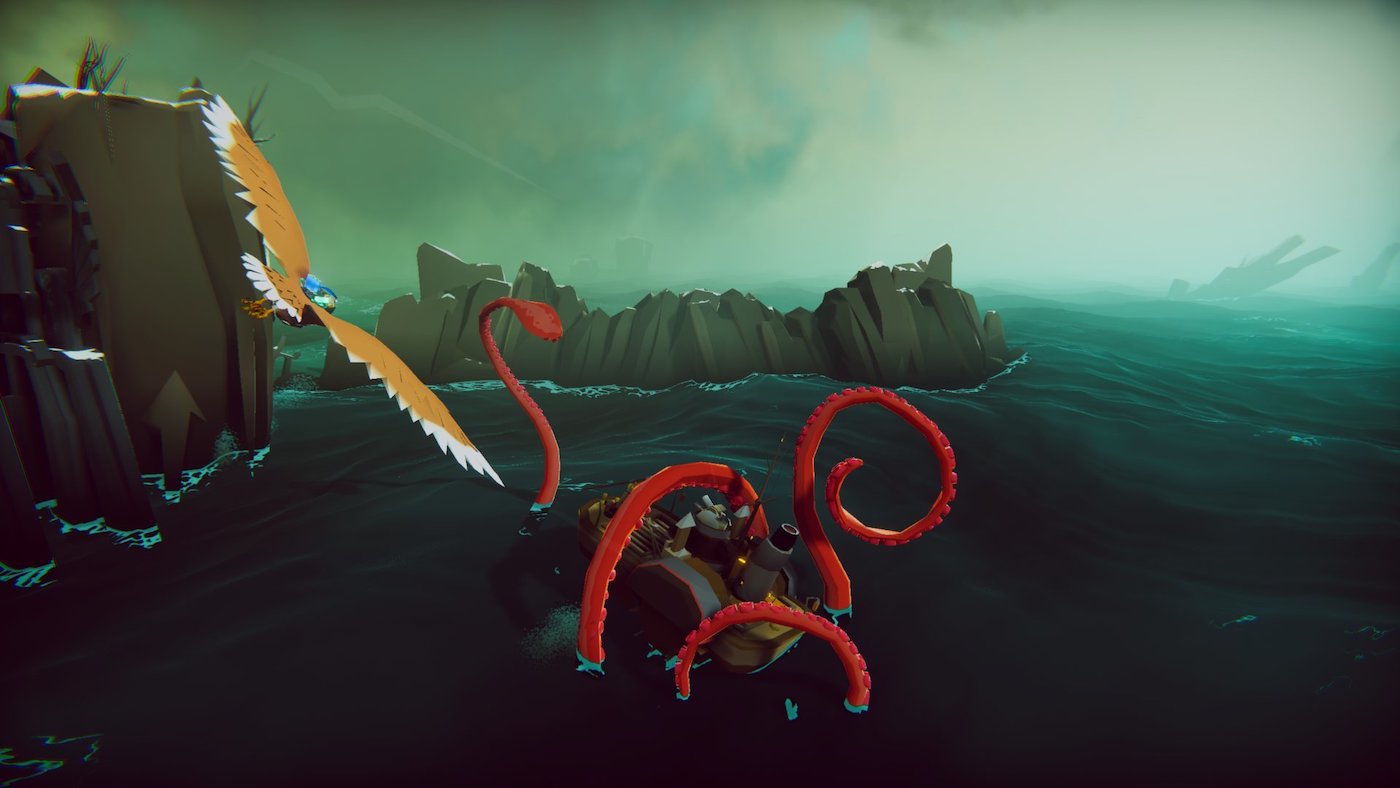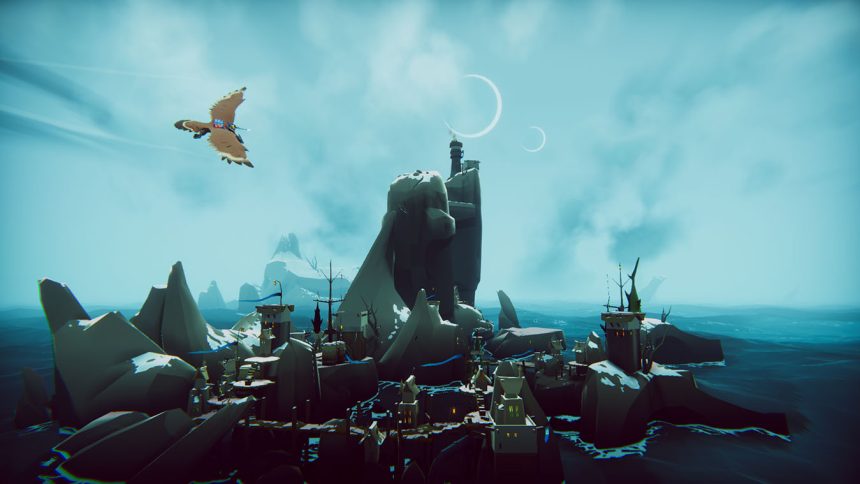Being an indie game developer is a tough and often uncertain career. Tomas Sala, the solo creator behind Bulwark Evolution: Falconeer Chronicles, shared his thoughts on the realities of game development on the Thomas Brush podcast.
He strongly advises aspiring developers to assess whether their game has the potential to succeed early in the process. If it’s not showing signs of success, he suggests it’s better to pivot to another idea or abandon the project entirely. Though it may sound harsh, this advice comes from his years of experience in the industry.
Sala’s core message is that making a game is not enough; developers must focus on whether the game will generate enough income. He explains that, particularly in the mobile game industry, developers have learned the hard way that if a game won’t be financially viable, it’s better to move on. According to Sala, understanding the financial side of game development is just as crucial as creativity. It’s not just about making a game but making sure it has the potential to make money.

For those who want to pursue game development as a full-time business, Sala advises working quickly and efficiently. His goal is to create visually impressive games in less than two years. He believes that spending six or seven years on a project without generating income is unwise, especially for independent developers. In the competitive world of indie games, sustaining a business requires timely releases that can generate revenue, or else the developer risks financial instability.
Sala also recommends an iterative approach to game development. Rather than spending too much time trying to create something unique only to discard it, he suggests quickly creating a game, testing it, and then analyzing what works and what doesn’t. This way, developers can build on their successes and learn from their mistakes, improving their future projects without wasting time on failed ideas.
Lastly, Sala speaks about the importance of being realistic with development goals. He suggests validating a project early on by setting clear targets like reaching a specific number of wishlists or trailer views. He emphasizes that developers should avoid getting too attached to a project that isn’t gaining traction. The “kill your darlings” mentality, though difficult, is necessary for growth. Developers need to accept that not every idea will succeed, but the lessons learned from failure will help them improve and succeed in future projects.







